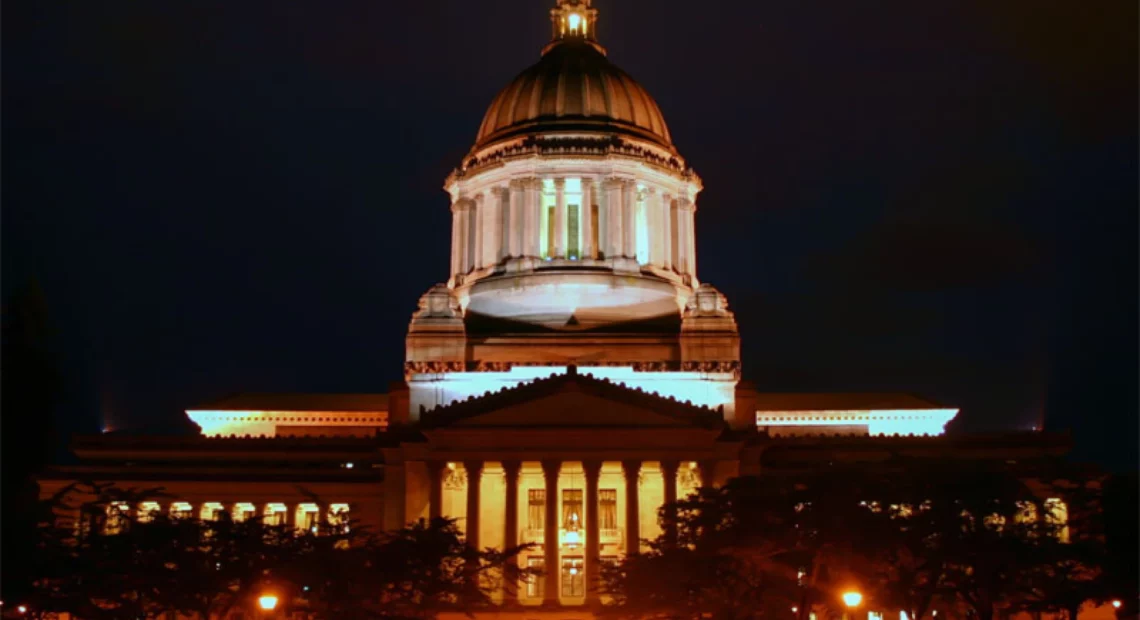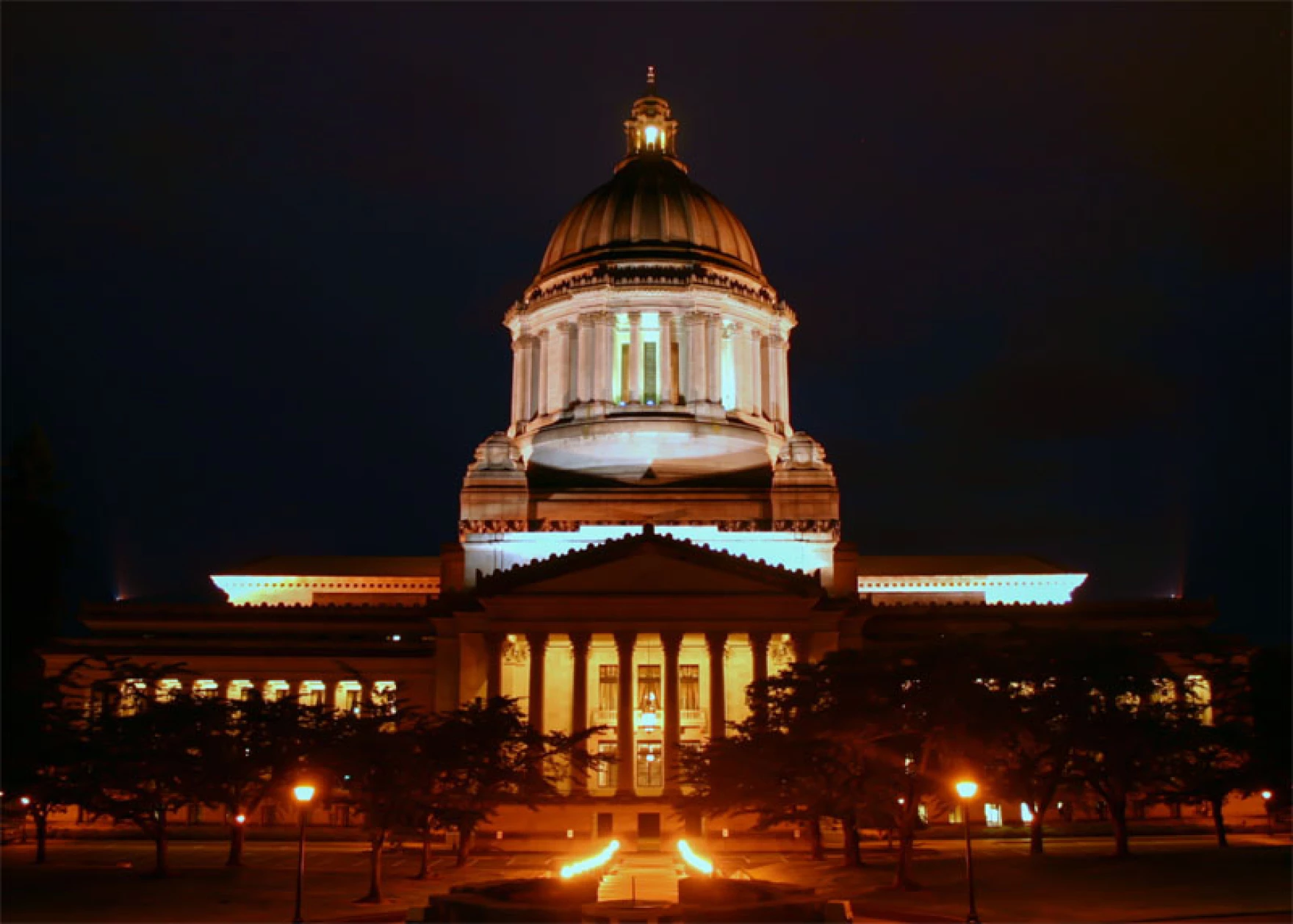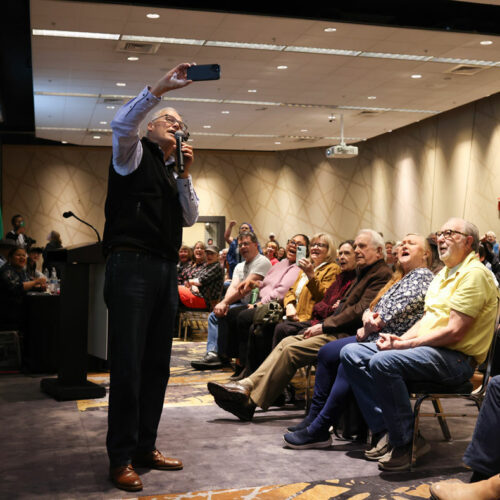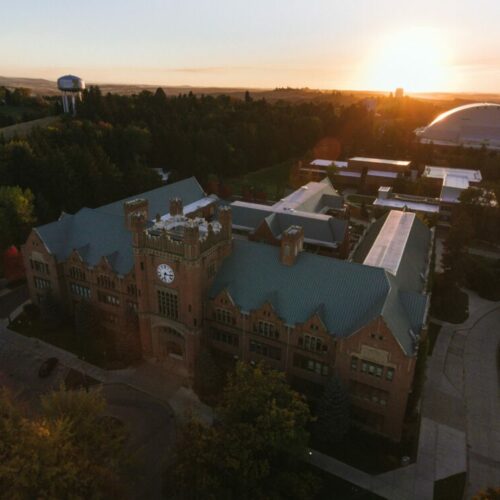
Here’s what Washington lawmakers say is behind drug possession bill’s last-minute failure
Read
By Jeanie Lindsay
In an unexpected development, the Washington State Legislature adjourned for the year late Sunday night, April 23, having failed to put a new drug possession law on the books.
After months of lengthy and emotional debate, lawmakers in both the House and Senate had announced a compromise bill the previous day. The measure would have created a new crime for drug use, made drug possession a gross misdemeanor and included requirements for courts and prosecutors to divert people into treatment and recovery programs.
Democratic leaders said the measure attempted to strike a middle ground between those who did not want to criminalize people with substance use disorder and those seeking stronger legal penalties to compel people to seek and complete treatment.
But when the bill was called to the floor in the House, no Republicans voted in favor. A group of progressive Democrats joined Republicans in voting no, and the bill ultimately failed 43 to 55.
House Speaker Laurie Jinkins (D-Tacoma) said she was “flummoxed” by Republicans’ decision to completely reject the bill. A previous version passed the House with some Republican support.
“There’s hardly a family in this state that doesn’t have someone very close to them – if not a member of their family – who suffers with a substance use disorder,” she said. “People want us to do this, they want us to get people treatment.”
But Republicans blamed Democrats. They said the Democratic majority should have brought a different version of the bill to the floor.
“We all had many of our local governments tell us that they preferred that bill to fail,” said former House Republican Leader JT Wilcox (R-Yelm).
Senate Republican Leader John Braun (R-Centralia) pointed out several issues Republicans had with the final version, including a section that would preempt local governments from coming up with their own laws on drug paraphernalia. They also disagreed with some of the parameters around diversion – that’s the process by which people arrested for drug crimes would be diverted to treatment instead of jail – saying it would render the bill an ineffective “fix” to the state’s current drug penalties.
Lawmakers were compelled to take on the issue this year because of a state Supreme Court ruling in 2021 that declared Washington’s felony drug possession statute unconstitutional. A temporary law was then enacted that expires July 1 of this year.
Without a new law on the books, local city and county governments would be tasked with enacting their own drug possession laws.
But Governor Jay Inslee said after the legislature adjourned that the bill’s failure is “unacceptable,” teeing up the likelihood of a special session in the coming weeks – as long as lawmakers find a new compromise that they can pass.
















